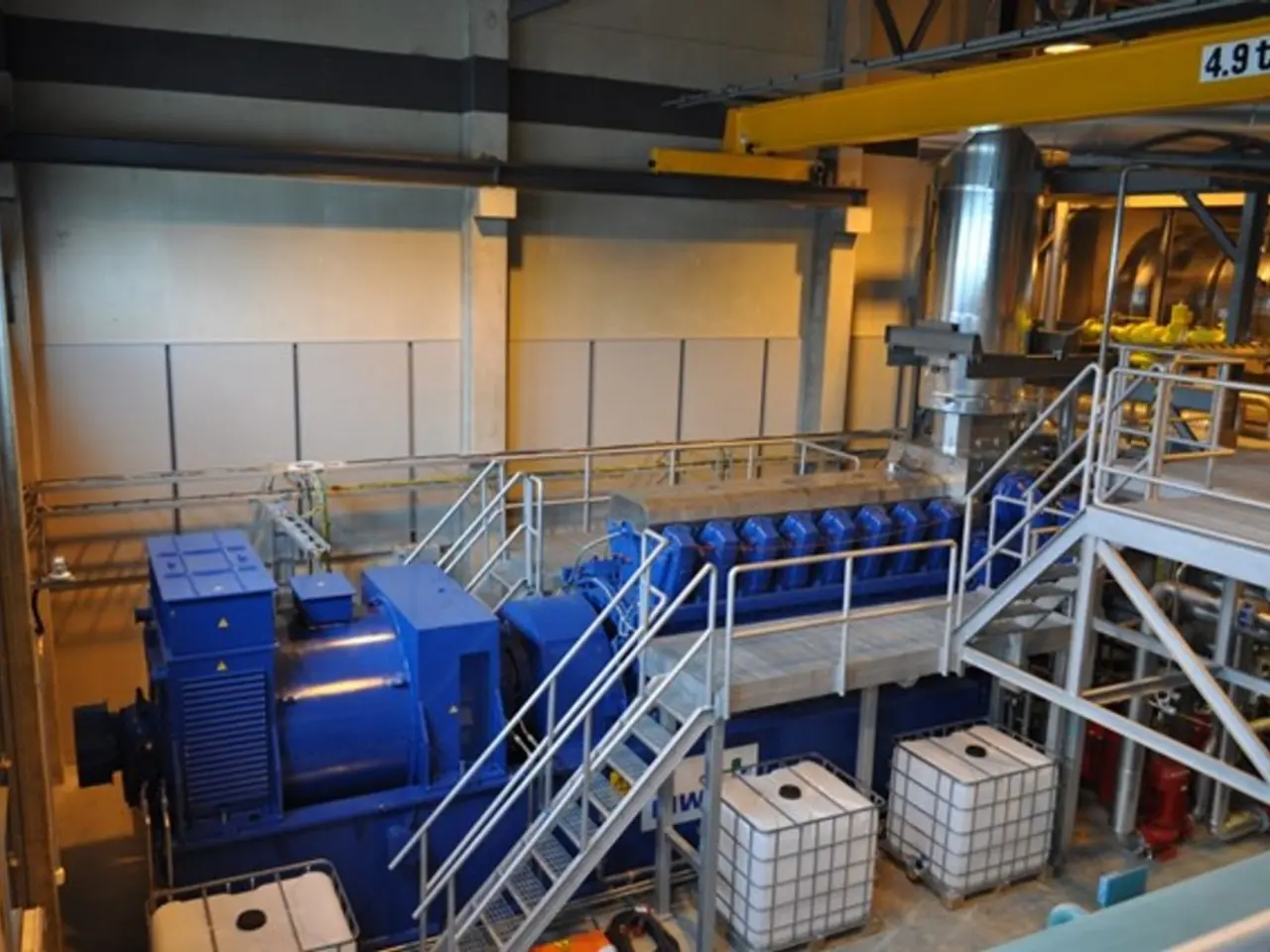Pressure Slightly Affecting Wacker Neuson
Navigating Wacker Neuson's Current Standing
In a nutshell, CEO Karl Tragl reports a stalled improvement in supply, as evidenced by the company's latest earnings. Despite raking in €1.07 billion in the first half of the year, a 16% increase from last year, Wacker Neuson's profits dropped by 6%. Europe accounted for a mere 23% of this revenue. To ensure steady delivery, the Munich-based firm has boosted its raw material and component stockpile, resulting in incomplete machines that are collecting storage fees. However, the board remains optimistic about the revised forecast.
Taking a Closer Look
The current predicament of Wacker Neuson can be dissected from various angles:
- Tariff hassles and pricing dilemmas pose significant challenges for Wacker Neuson, thanks to tariffs enforced by the US administration. The company plans to speed up production of mini excavators in the US, which could directly affect profitability and cost structure[1].
- Inventory problems and delivery bottlenecks could surface due to the tariffs and supply chain shifting, potentially impacting efficiency in logistics and manufacturing processes.
- Electrification and innovation are key focus areas for Wacker Neuson, as the company goes green by introducing new electric excavators and wheel loaders. This shift demands sizeable investments in research and development, which may temporarily hurt profitability as the firm adapts to the evolving market demands[2].
Looking Forward
- Local production in the US is anticipated to grow, driving market expansion and helping Wacker Neuson weather the tariff storm, boosting efficiency and market share in North America.
- The company's electrification strategy, in line with global sustainability trends, could lead to long-term growth opportunities as more countries implement eco-friendly policies.
- Wacker Neuson's commitment to innovation, showcased at trade shows like Bauma, can boost competitiveness and customer satisfaction through advancements like proximity alarms and other safety technologies[1][3].
In conclusion, while Wacker Neuson grapples with tariffs and logistical issues, its strategic emphasis on electrification and local production provides a pathway for future growth despite the current profitability hurdles.
[1] - https://www.dnvbuergerzeitung.de/wirtschaft/wacker-neutson-baut-exzavatoren-in-den-us-austreicht-12399898
[2] - https://www.avenews.eu/wacker-neuson-macht-zuruck-zu-zukunft-koerzen-in-magdeburg/
[3] - https://www.bauma.de/en/exhibition/news/world-premiere-wacker-neuson-launches-the-excavator-e-20-electric-compact-excavator.html
The company's financial performance, as reported by CEO Karl Tragl, demonstrates a drop in profits despite earnings of €1.07 billion, with Euros serving as the currency of the revenue. Wacker Neuson's expansion plans in the US, aimed at local production, may help enhance market share and fortify the business against tariff challenges. The shift towards electrification and innovation, as outlined in the company's strategy, could offer long-term growth opportunities, aligning with global sustainability trends in the industry and finance sectors. Despite the current resistance faced in achieving profitability, Wacker Neuson's focus on electrification and local production serves as a beacon for future growth.








